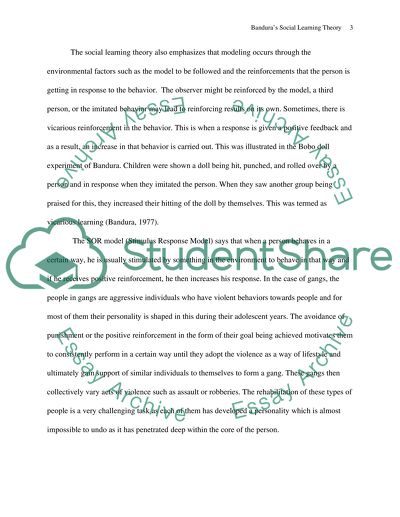Bandura's Social Learning Theory Term Paper Example | Topics and Well Written Essays - 1000 words. Retrieved from https://studentshare.org/psychology/1445840-how-does-bandura-s-theory-of-social-learning-apply
Bandura'S Social Learning Theory Term Paper Example | Topics and Well Written Essays - 1000 Words. https://studentshare.org/psychology/1445840-how-does-bandura-s-theory-of-social-learning-apply.


